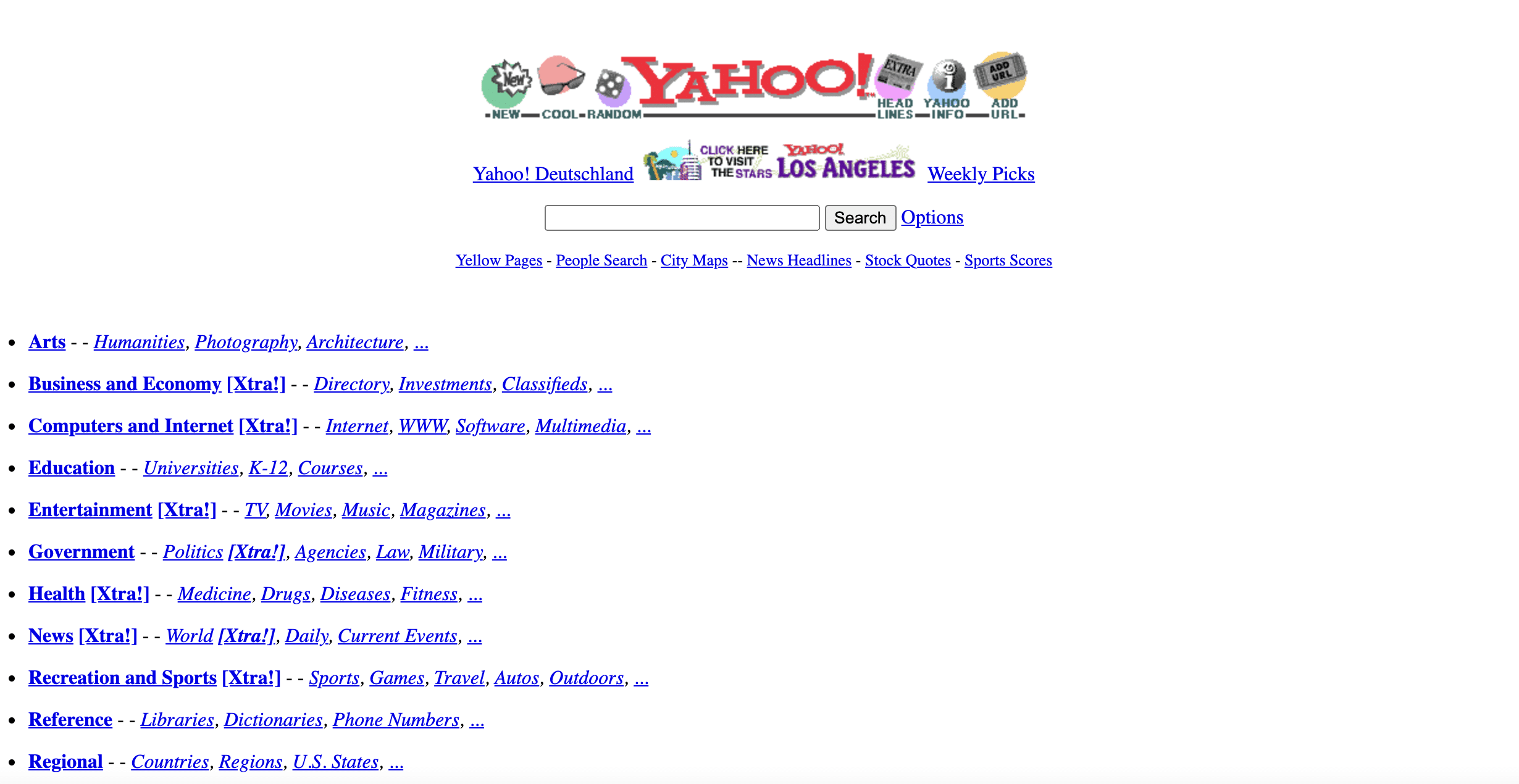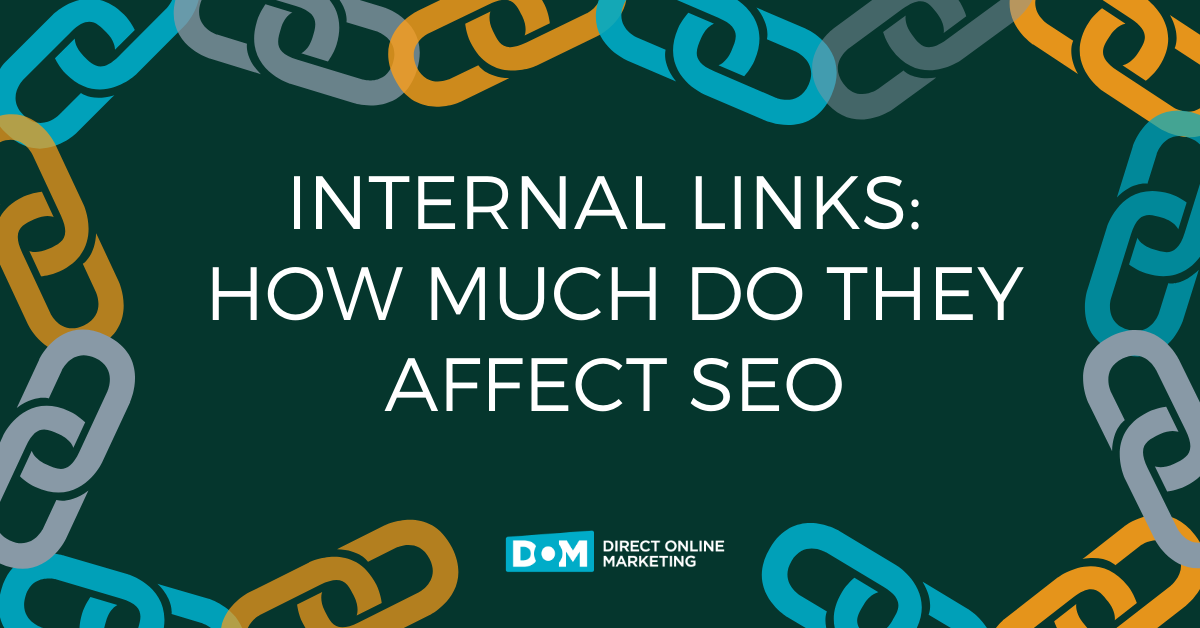
I know what you’re thinking: why would I want to publish hidden website pages? If you don’t already know the answer, keep reading.
Or if you’re looking for more information about whether they hurt or help the SEO footprint of your website, you can keep reading, too, because we’ll get to that.
You know what? You should just keep reading anyway, because you might learn something you didn’t know before, and you don’t know what you didn’t know until you know it.
Still with me? Good. Hiding stuff on the web has a long and storied tradition. Back when the world wide web was still a baby, and Google was just getting its legs, finding stuff on the web was as easy as going to Yahoo and clicking through the directory. That’s right, we didn’t use search at all back then; we used a handmade directory of webpages. It’s true!
But all that had to change as the sheer volume of new web pages increased, and the old 1996 way of doing things just wasn’t cutting it. Although technically Archie was the first program we’d recognize as a search engine, it was only capable of scanning FTP directories (remember those?) and listing the contents. The creature that would one day grow into Google started out as a little algorithm called Backrub, which set the stage for the search giant we all know today.
For a long, troubling time, the best way to get noticed by Google was to throw as many keywords as possible at it and hope for the best. The algorithms they used were just as opaque as they are today, but stuffing meta fields and, in some cases, using text the same color as the background (rendering it invisible to humans), were actual techniques that some SEO experts used to get Google’s attention.
Hidden Website Pages Are Not The Same As Activating A Cloaking Device
Another black hat SEO technique was called “cloaking.” This involved showing search engines one version of a page while showing users a different one. The search-optimized page was essentially unreadable. It was stuffed with keywords and search terms that fooled the search engines into thinking the page was relevant to users, while the actual page the users saw had a much more friendly, if not optimized, design for its audience to see.
Just to be clear, we are not advising anyone to leverage cloaking as an SEO strategy. Generally speaking, this provides a bad experience for your site visitors. In the long run, this will also leave a bad taste in Google’s mouth for your website, too.
The types of hidden website pages we are talking about would be ones that are not linked to from the:
- Main content area of any page
- Navigation, footer, or sidebar on your site
- An archive page for old blog posts
Sometimes these are unique landing pages that are created to be used for online advertising campaigns. Other times, they are deep directory pages that are included in a sitemap, but not linked to from anywhere on the site.
At any rate, you don’t have to worry if you are publishing pages on your website that serve a specific purpose, but that also don’t belong on your navigation. Hidden website pages can still provide you with SEO benefits if they have the on-page SEO basics applied to them, and you have them included in your sitemap.
Let Google crawl them and just wait to see what happens to your visibility!
You Can Use Hidden Text, Too. Google Says So!
Nowadays, nobody in their right mind would recommend that anybody try to fool Google into ranking your page higher. Google rewards good, informative content, and it’s getting better and better at recognizing it. Sometimes that content needs to be hidden from view for a good reason, like site usability. For instance, you can hide text behind an “accordion” menu, which has arrows or buttons indicating that there’s more content after a click (or tap, if you’re on a mobile device, which around 50% of you are).
Google likes those accordions because they increase a site’s usability. It looks nice, and it’s functional, and it’s not actually hiding anything. The version of the site that search engines see and the version of the site that the user sees still match, which is what really matters to Google. If you want a “read more” link that expands a long block of text, go for it!
There are still other ways to hide a webpage that you don’t want anybody to see. You can put pages in your robots.txt file, which tells search engines which pages on the domain it shouldn’t index. Google doesn’t care about anything in that file because it won’t crawl them for search results. And, as far as Google is concerned, a webpage you don’t want Google to see is a page that Google will never display in a SERP. What’s on that page is between you and your audience, and Google doesn’t need to get involved.
If you’d like more details about how the best SEO practices can be implemented on your website, consider Direct Online Marketing. We’re pretty good at this stuff.
To get more information on this topic, contact us today for a free consultation or learn more about our status as a Google Partner Agency before you reach out.






